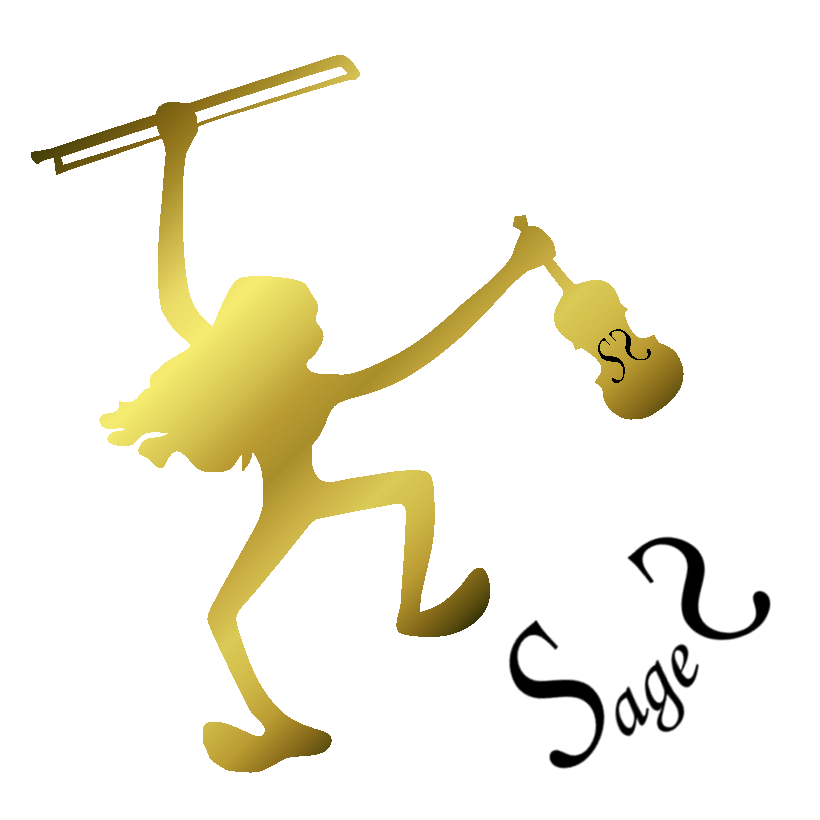When I was 16, I took my first trip to Nashville for a one-week bluegrass camp. I remember showing up to the first faculty show 5 minutes early (“on time is 5 minutes late,” drilled my orchestra conductor) and wondering if I had the time wrong. Attending bluegrass camp felt like visiting a foreign country. The other students could gather round the campfire showing off to “Wagon Wheel” while I couldn’t improvise a note. I was surrounded by tattoos, accents, rocking chairs, oil drillers, and hints of racism. But when I heard these people “jam”—by the fire, the porch, picnic tables, classroom… anywhere they could–it was like the distance vanished. I’d never connected with music like that before. And hearing this music made me want to connect with the people who made it. Admittedly, when they talked, I didn’t agree with most of their ideas. Some of their words made me terrified to share any of my own. Nevertheless, I wanted to listen and understand because these people clearly had a lot to teach me.
That experience left me so hungry to learn about this music and culture that ten years later, I moved to Nashville (where I currently live). Now, I play music with people across the political spectrum: from extreme left, extreme right, to those who’ve gone off the chart in every way they can. Playing bluegrass in particular allows me to develop lasting friendships with people who I’d otherwise probably never meet. As Nashville-native and music critic Craig Havighurst has observed: “Bluegrass festivals are one of the rare places I’ve seen rural Red Staters and urbane Blue Staters enjoying life and mingling together…We go to church apart. We vote apart. But we all love Flatt & Scruggs and Sam Bush” (full article here).
I’ve come to appreciate the connections bluegrass has given me even more since the 2016 election. I’ve been welcomed by so many Trump supporters–I assume largely because I’ve taken time to learn their musical language. As I’ve learned more about liberal bubbles, I now realize how rare and powerful those Red/Blue connections are.
In his classic “Bowling Alone,” Robert Putnam describes the difference between “bonding” (exclusive) and “bridging” (inclusive) forms of social capital. According to Putnam, bonding organizations “tend to reinforce exclusive identities and homogeneous groups” (e.g., church-based reading groups, ethnic fraternities, country clubs) while bridging organizations “encompass people across diverse social cleavages” (e.g., the civil rights movement, ecumenical religious organizations, some youth service groups). While music can be bonding, the most powerful musical communities I’ve experienced have built bridges. Music’s ability to forge connections across “social cleavages” has given it enormous power over my life: shaping my values, expanding my friends, consuming my free time, directing my work, and moving me halfway across the country.
Moreover, it’s been the less explicitly political songs (like fiddle tunes) that have been truly transformative: connecting me to people whose ideas and experiences are foreign from mine. The term “political music” usually suggests songs proselytizing about politics for politics: think Woody Guthrie, Rage Against the Machine, N.W.A., The Clash… However, I’m often skeptical that individual songs can really bring different people together. And if they do, the bonds they form often increase polarization—resonating only with like-minded individuals.
So today a question for my fellow musicians and music-lovers: does music in your life “bond” you closer to those with whom you agree or create “bridges” with people different from you? Do you know any good political songs or artists that build bridges? And if you have an idea for one, talk to me!



